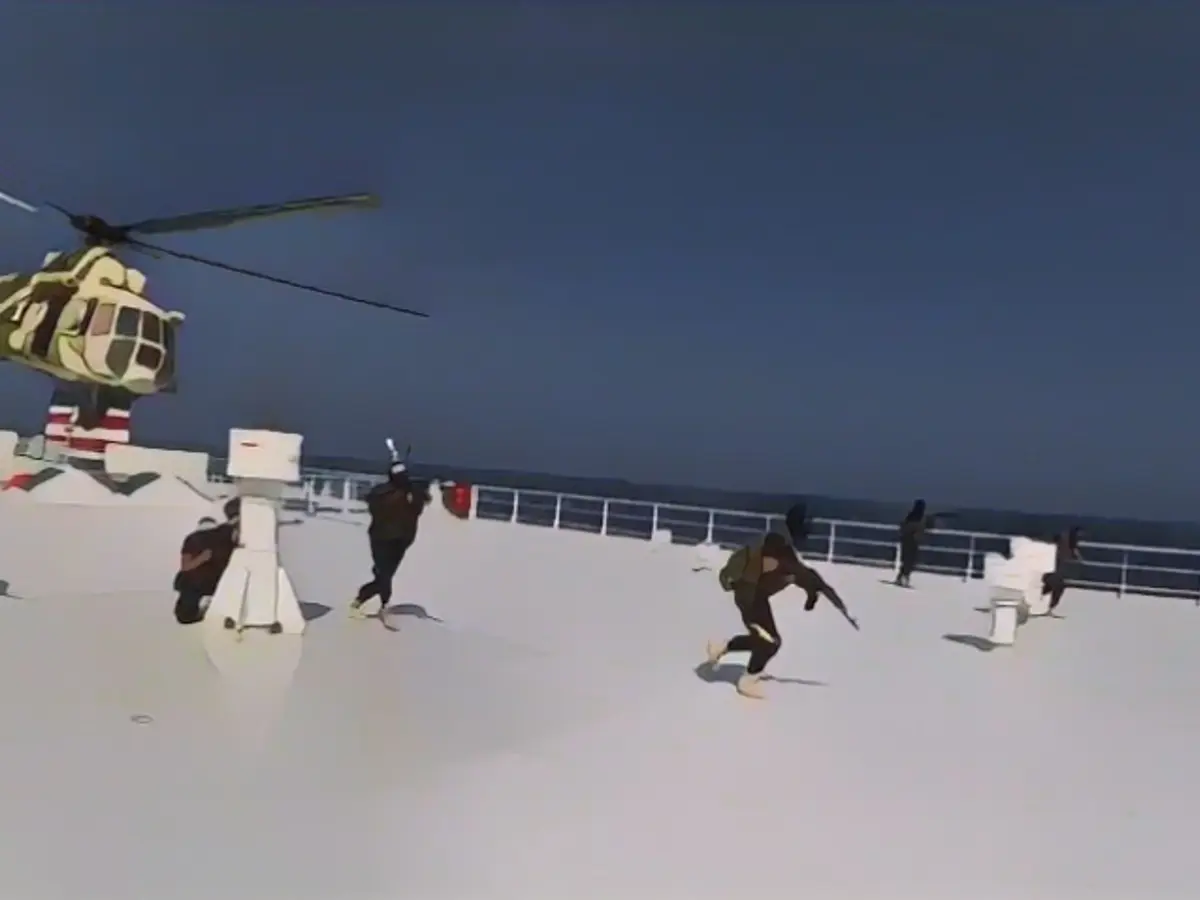The recent tumult in the Red Sea, a critical maritime passage that links Europe, the Middle East, and Asia, has left many concerned about an escalating conflict with potential far-reaching consequences. The Yemeni Houthis, an Iranian-backed militia, have continued their attacks on commercial shipping, despite former U.S. President Biden's administration choosing to no longer categorize them as terrorists in February 2021.
The move to remove the terror designation aimed to enable international humanitarian organizations to reach Yemen without stringent restrictions. Yet, critics argued it might have indirectly bolstered the Houthis' capacity to carry on their actions.
Despite this shift in policy, the violence in the Red Sea persisted. The Houthis aimed their attacks at vessels supposedly connected to Israel or destined for Israeli ports, subsequently extending their targets to include American and British-involved vessels following U.S. and UK airstrikes against Houthi sites in Yemen. This unrest caused substantial disruptions to global maritime commerce, compelling over two hundred commercial vessels to deviate from their courses to avoid the conflict zone.[1][5]
Moreover, the situation in the Red Sea intermingles with regional conflicts, such as the Gaza war and the Iran-Israel proxy conflict, where the Houthis' actions form part of a broader strategy to bolster Palestinian terror organizations and pressure Israel and the U.S. This escalation of regional tensions further threatens global security.
In response, the international community took action. The United Nations Security Council issued Resolution 2722, condemning the Houthi attacks and defending freedom of navigation. The European Union initiated Operation Aspides, a naval mission geared towards protecting Red Sea shipping and providing early airborne warning systems.[2]
Despite the Biden administration's initial decision, acknowledging the Houthis' enduring threat, the administration later reinstated their Foreign Terrorist Organization (FTO) classification.[1][5] Recognizing the complex dynamics and potential dangers of the Red Sea situation, a measured, comprehensive strategy to maintain stability and security is vital for regional and global peace.







